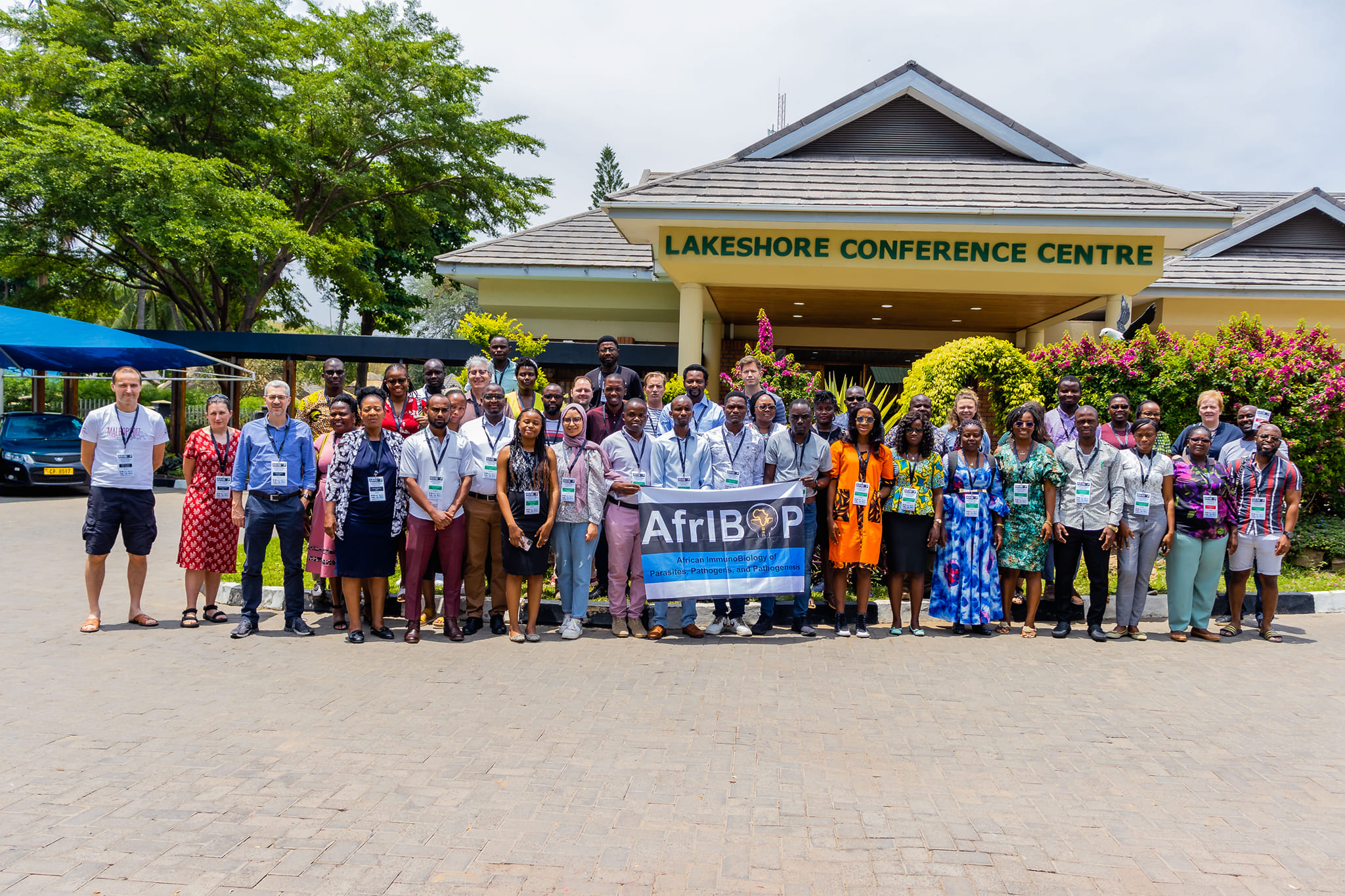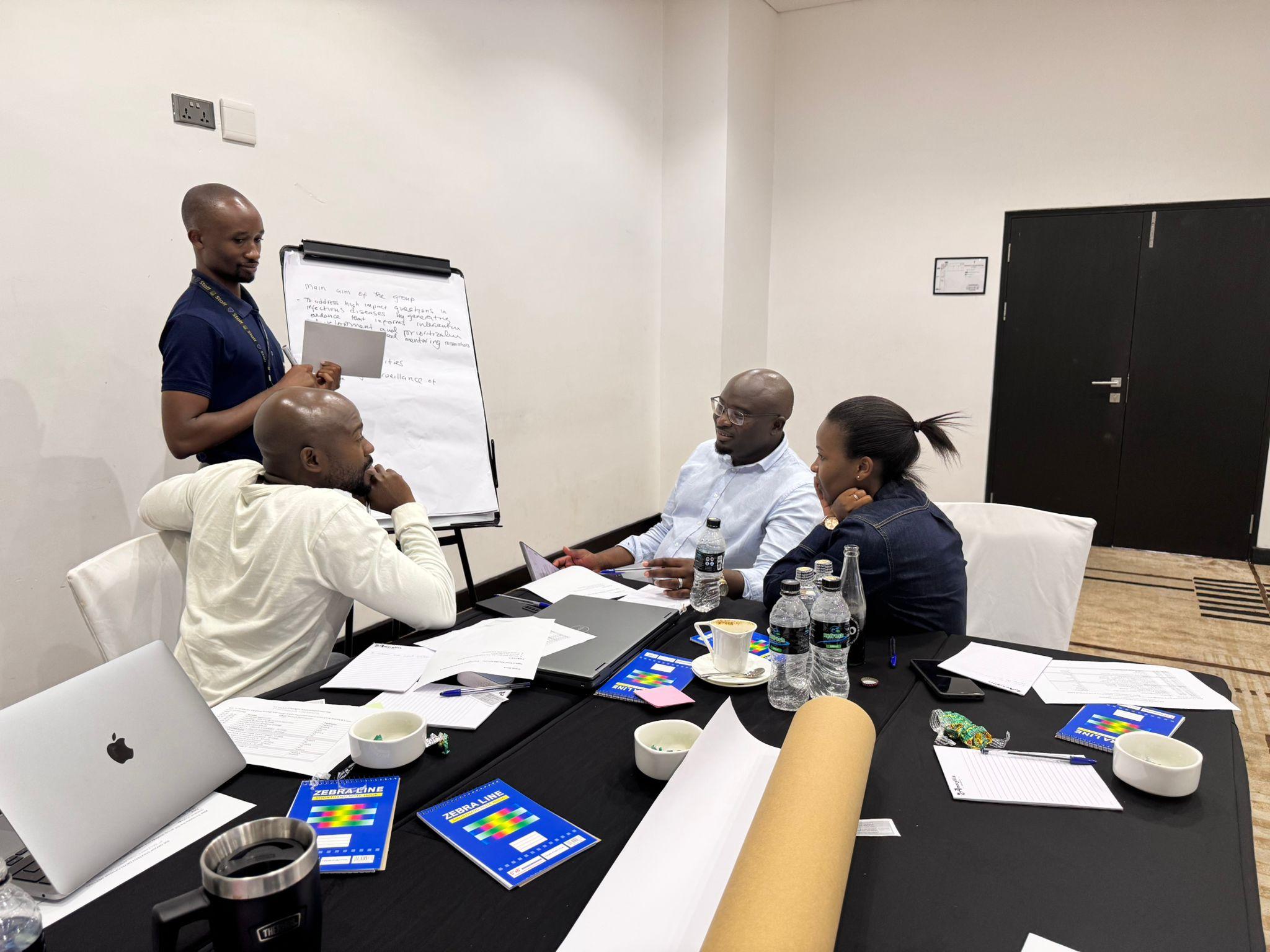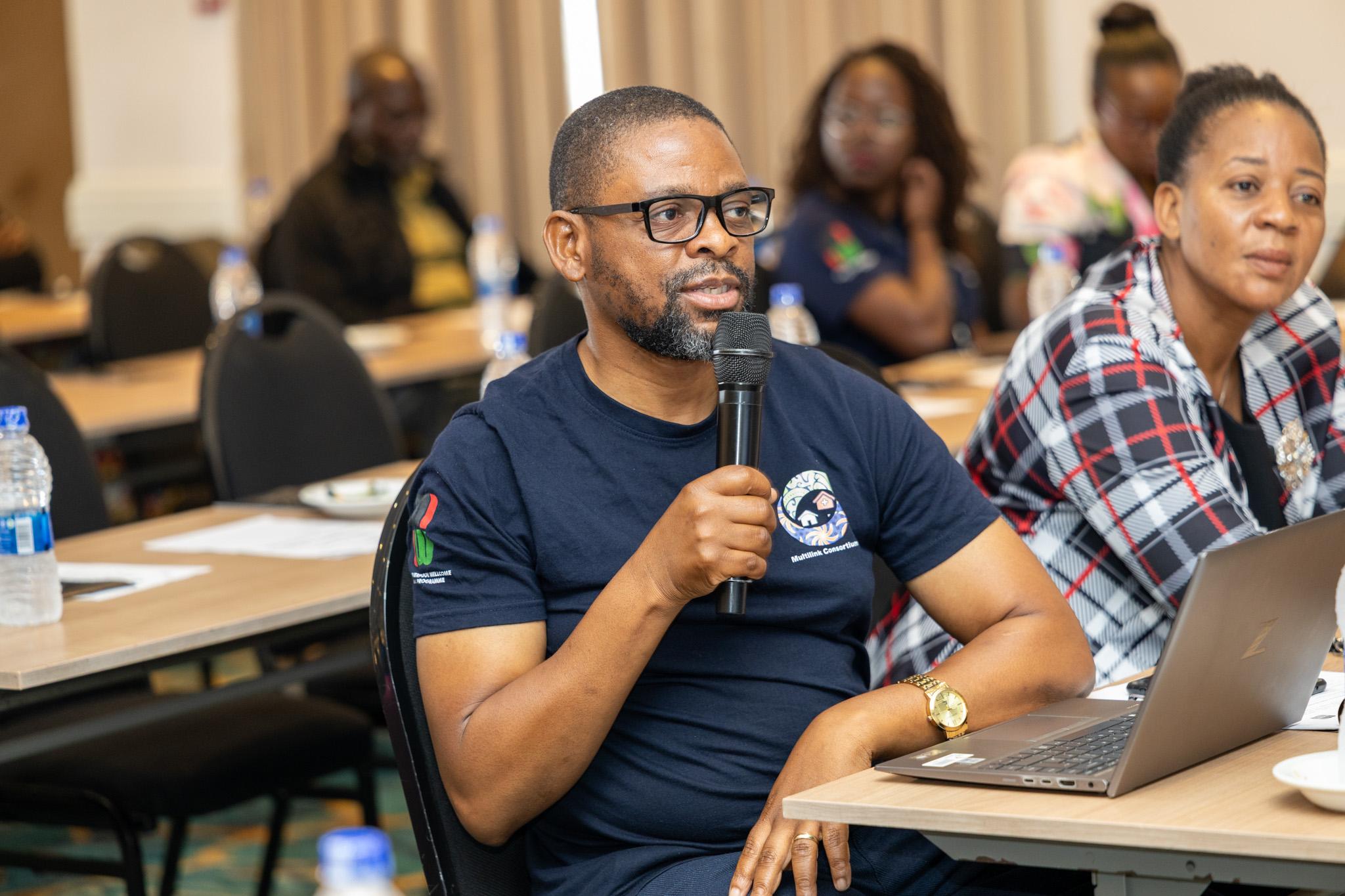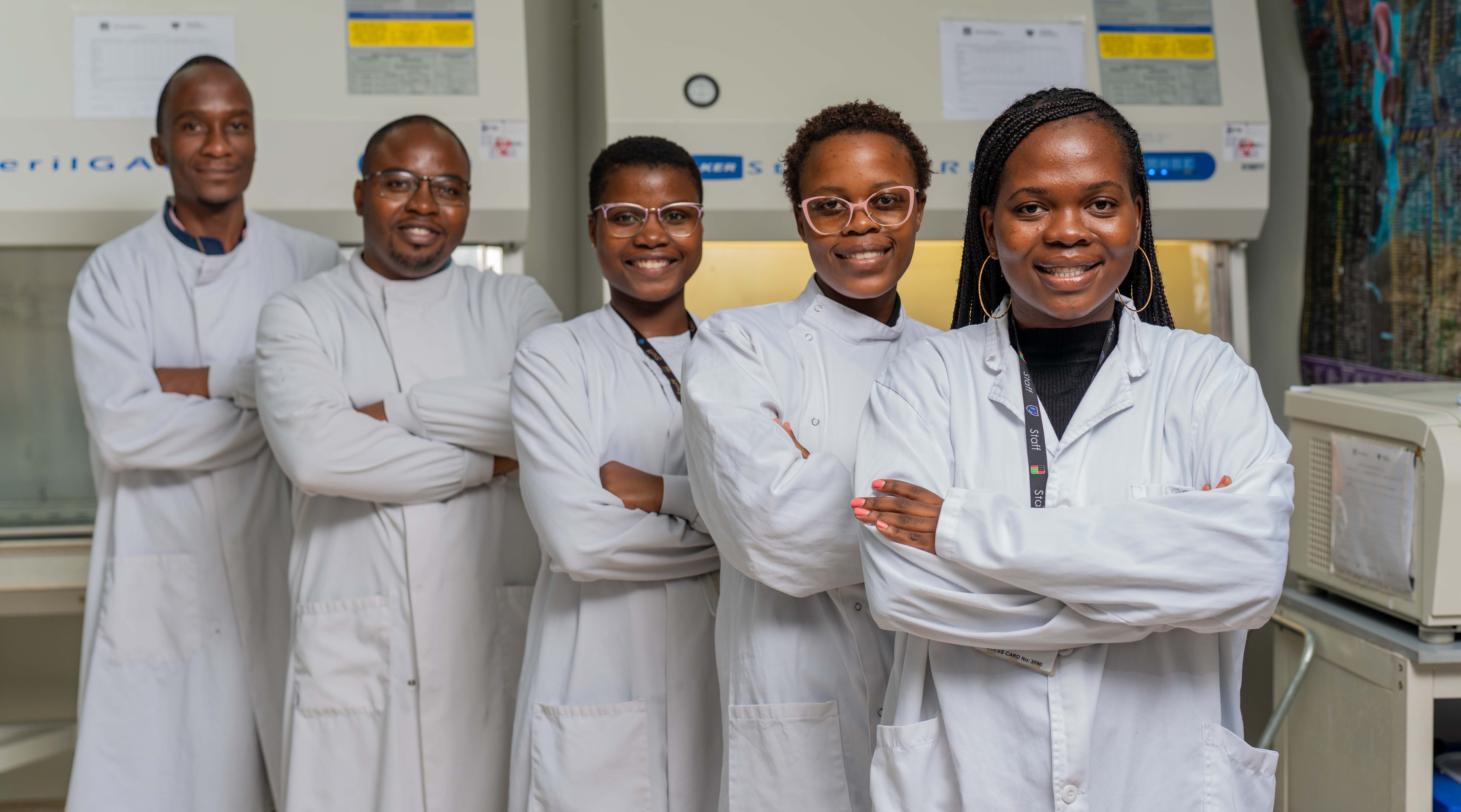Malawi Liverpool Wellcome (MLW) Programme in collaboration with its local and international partners [(Kamuzu University of Health Sciences (KUHES), University of Glasgow, PWANI University, Kenya Medical Research Institute (KEMRI), European Alliance of Associations for Rheumatology (EULAR) and Immunology Society of Malawi] successfully organised the 2022’s African Immunobiology of Parasites, Pathogens and Pathogenesis (AfriBOP) course at Sunbird Nkopola Lodge in Mangochi.
The one-week-long course, which started on Monday 14 November, focused on grant writing, immunology, parasitology, and public engagement.
According to MLW’s Postdoctoral Research Fellow Dr. David Mzinza, the training was a huge success because all shortlisted students from different parts of Africa managed to attend the course.
Mzinza said, “This year’s course was unique because it was our first meeting since 2019 due to the emergence of COVID-19. Having such a diverse attendance by both faculty and students makes this year’s AfrIBOP a big success. We benefitted from the knowledge of the experts in infectious and non-communicable diseases field.”
AfriBOP Administrator Alex Mackay said the courses proved to be a great training ground for African talent.
“The training in parasitology, immunology, HIV, TB grant writing, bioinformatics, and flow cytometry all in one course was unique. This year’s course was better than ever; with a super smart cohort that was able to ask intuitive questions of the faculty,” said Mackay.
MLW’s Pre-Masters Intern in Mucosal and Vascular Immunology Group Christine Mandalasi said as someone who works in the immunology laboratory at MLW the training has helped her to understand some of the immunology concepts she usually comes across during her work.
Mandalasi said, “Listening to the talks that Professor Mwapasa and Associate Professor Musaya gave was extremely insightful and left me with a lot of things to reflect on. Overall, it was a wonderful course, and I am glad I was able to experience it.”
This year’s AfriBOP physical training was patronised by 30 students from Malawi, Uganda, Tanzania, Botswana, Nigeria, Cameroon, Ethiopia, Togo, Kenya, and Tunisia.



